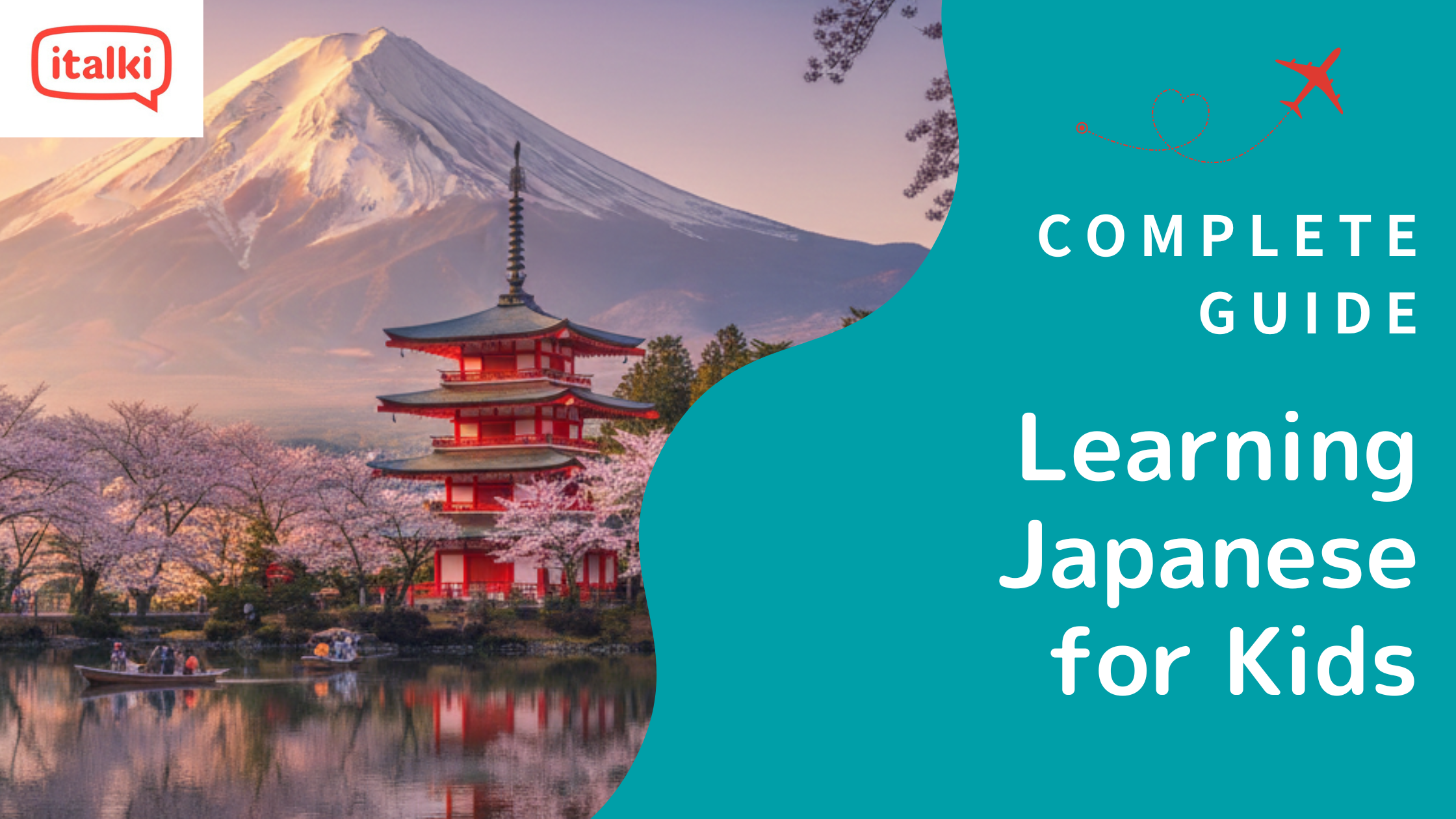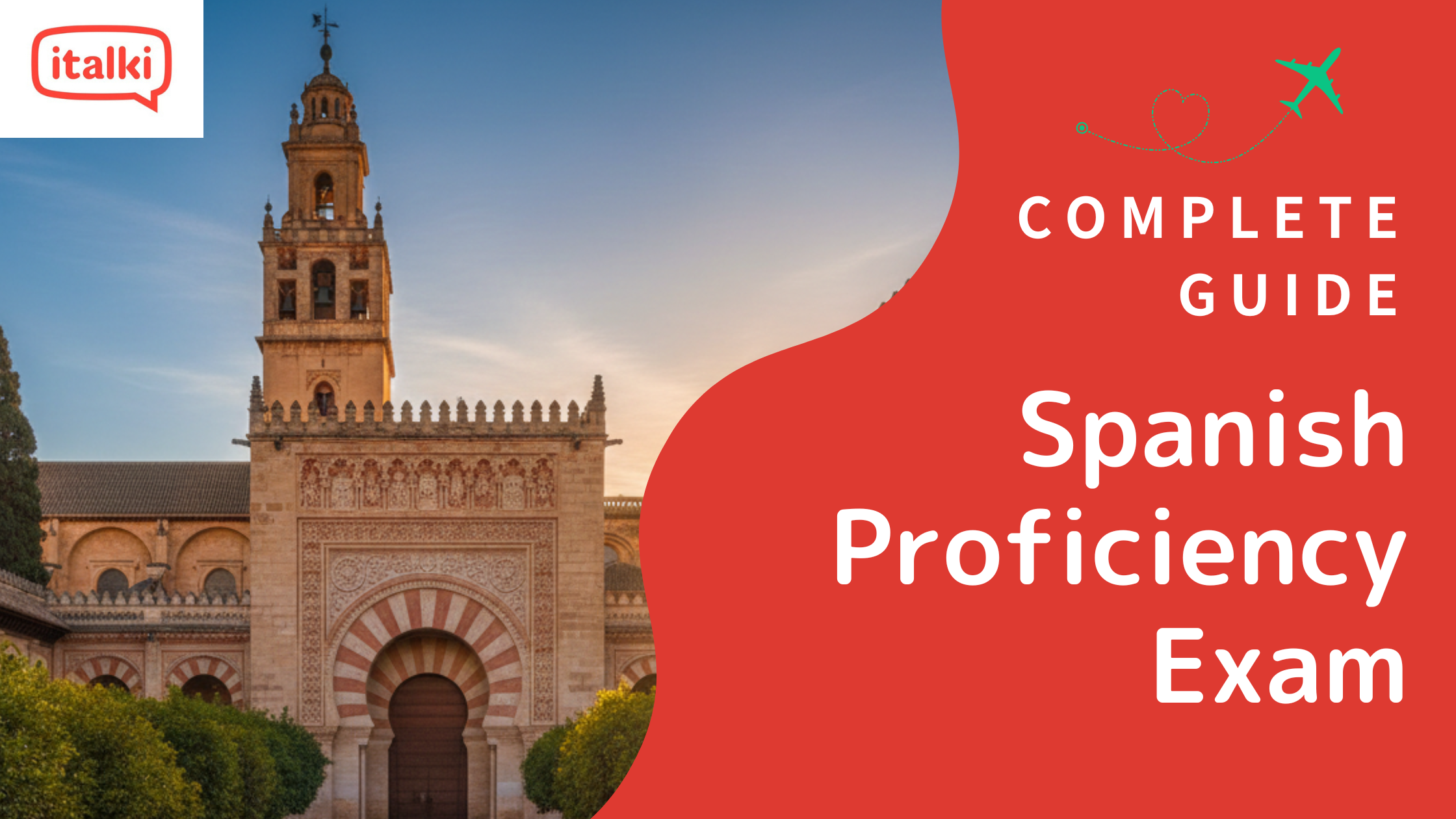Put on your party hat and go celebrate someone’s birthday in Japanese. There are several ways to say happy birthday in Japanese. All these greetings are important as they are powerful enough to make the birthday boy/girl feel special.
In this post, you will learn five different ways to say “happy birthday” in Japanese, as well as a few more important words and phrases for birthday greetings and cultural fun facts for Japanese birthday celebrations.
Otanjoubi Omedetou Gozaimasu — Happy Birthday (Formal)
Japanese: お誕生日おめでとうございます
(おたんじょうびおめでとうございます)
This phrase is the most polite way to wish someone a happy birthday! It’s a type of keigo, 敬語(けいご)—polite speech, which is essential when speaking Japanese. If you don’t know the person well or want to show them respect, this is a good option.
You might also notice the honorific prefix “o” for otanjoubi (birthday). This is referred to as bikago 美化語(びかご—Japanese elegant speech. In other words, this is the most formal phrase available.
For example:
Yamada-san, otanjoubi omedetou gosaimasu. Korekara mo Genki de ite kudasai. – Happy birthday, Mr. Yamada. Please continue to stay healthy.
Japanese: 山田さん、お誕生日おめでとうございます。これからも元気でいてください。(やまださん、おたんじょうびおめでとうございます。これからもげんきでいてください。)
If you want to learn Japanese online, check out italki. This language learning platform has all the effective learning tools and techniques required to be a fluent speaker. The italki Japanese tutors are highly experienced and professional instructors with fascinating instructional strategies. Book your lessons by visiting the website!

Find Your Perfect Teacher
At italki, you can find your Japanese tutor from all qualified and experienced teachers. Now experience the excellent language learning journey!
Book a trial lesson
Otanjoubi Omedetou – Happy Birthday (Casual)
Japanese: お誕生日おめでとう
(おたんじょうびおめでとう)
If you are a close friend or family member of the person turning a year older, you can omit gozaimasu or even the “o” in otanjoubi to save a few syllables. This phrase suggests a more relaxed, familiar atmosphere between the speaker and the listener.
For example:
Otanjoubi omedetou. Paatii o tanoshimi kudasai. — Happy birthday. Enjoy your party.
Japanese: お誕生日おめでとう。パーティーをお楽しみください。
(おたんじょうびおめでとう。ぱーてぃーおたのしみください。)
You can learn Japanese greetings along with these birthday wishes to make people feel special. Remember, the more you learn Japanese, the more you will be able to sound like a native Japanese speaker.
Are you interested in learning Japanese?
With italki, you can connect with native Japanese speakers from around the world, practice your speaking skills through personalized language lessons, and immerse yourself in the language and culture.
Ota Ome – Happy Birthday (Abbreviated Slang)
Japanese: おたおめ
You may have noticed that the longer a phrase becomes as polite speech is added to it, the more formal it is. The opposite appears to be true as well.
When you shorten otanjoubi omedetou, you get the super-short ota ome. This version of “happy birthday” is slang that is only used in very casual settings, particularly online, and is more commonly used by the younger generation.
For example:
Ossu! Ota Ome! Nomi ni ikou. — Hey man! Happy birthday! Let’s go out for drinks.
Japanese: おっす!おたおめ! 飲みに行こう。
(おっす!おたおめ!のみにいこう。)
〇〇-sai no Otanjoubi Omedetou – Happy Xth Birthday
Japanese: 〇〇歳のお誕生日おめでとう。
(〇〇さいのおたんじょうびおめでとう。)
Is someone celebrating a significant year? Perhaps you would like to be more specific in your birthday greetings. In that case, use this phrase, which allows you to specify the age of the person.
Although you are technically counting in ordinal numbers (first, second, third…), you ausethe cardinal readings of Japanese numbers here (issai, nisai, sansai… no otanjoubi).
For example:
Jyuu hassai no o tanjoubi omedetou. Mou otona desu! — Happy 18th birthday. You’re an adult now!
Japanese: 18歳のお誕生日おめでとう。もう大人です!
(じゅうはっさいのおたんじょうびおめでとう。もうおとなです!)
Happii Baasudee — Happy Birthday
Japanese: ハッピーバースデー
(はっぴーばーすでー)
Loanwords have a special place in the Japanese language and this one should come as no surprise. You can even combine them and say, happii otanjoubi.
And, of course, the Japanese happy birthday song may be easier to learn than you think.
For example:
Happii Baasudee tu yuu! —Happy birthday to you!
Japanese: ハッピーバースデー トゥーユー!
(はっぴーばーすでーとぅーゆー!)
Another birthday-related vocabulary in Japanese
– Tanjoubi — Birthday (Japanese: 誕生日 (たんじょうび)
– Tanjoubi Keeki — Birthday cake (Japanese: 誕生日ケーキ (たんじょうびけーき)
– Kanpai! — Toasts! (Japanese: 乾杯! (かんぱい!)
– Nansai desu ka? — How old are you? (Japanese: 何歳ですか? (なんさいですか?)
– Mada wakai desu ne or Heewaka sou desu ne — you look young for your age!
(Japanese: まだ若いですね。(まだわかいですね。)or へー若そうですね。 (へーわかそうですね。)
– Omedetou gozaimasu — Congratulations (Japanese: おめでとうございます。
– Yatta! — Yay! (Japanese: やった!
– Sutekina tanjoubi o sugoshite kudasai — Have a great birthday! (Japanese: 素敵なお誕生日を過ごしてください!(すてきなたんじょうびをすごしてください!)
– Tsumawanai mono desu ga — just a little something for you (Japanese: つまらないものですが)
How birthdays are celebrated in Japan
You need to understand Japanese culture and etiquette before attending a Japanese birthday party.
The proper way to give gifts
If you have a gift to give to the birthday person, you should do so properly. Gifts should always be given with both hands and a slight bow in Japanese culture. Don’t be surprised if the recipient rejects the gift once or twice. This is simply a manner of being humble and polite.
Just as you gave the gift with both hands and a bow, your Japanese colleague or friend will eventually receive it with both hands and a slight bow.
Special birthdays in Japanese culture
When you reach the age of 18, you are considered an adult in Japan. It is also the age at which you can legally begin drinking alcohol and voting. So it stands to reason that someone’s 18th birthday should be celebrated grandly.
However, your sixteenth birthday is also significant. The five cycles of the Chinese zodiac are completed when a person reaches the age of 16. The individual is then considered “reborn.”
The most recent birthdays to be hyper-aware of are the 77th, 88th, and 99th. In Japan, turning 77 is considered to be the “happy age.” The 88th birthday is known as the “rice age,” while the 99th birthday is known as the “white age.”
Frequently asked questions
Q. What are birthdays called in Japan?
A. A wish for a happy birthday is generally given, which in informal Japanese is 誕生日おめでとう (tanjoubi omedetou) and in formal Japanese is お誕生日おめでとうございます (otanjoubi omedetou gozaimasu).
Q. What are special Japanese birthdays?
A. Shichi-Go-San translates to “seven-five-three” in Japanese. The annual November 15 celebration is a traditional rite of passage for Japanese boys aged 3 to 5 and girls aged 3 to 7. The day is dedicated to the development and happiness of children.
Conclusion
Now that you know different ways to say happy birthday in Japanese and the traditions around birthdays, you can confidently wish your friends or family in a way that feels authentic. The more you practice, the more natural you’ll sound.
If you are a Japanese learner, you can use various websites to learn Japanese. These websites are user-friendly and make learning easier and more systematic.
To take it further, private Japanese lessons can help you with pronunciation and cultural nuances, so your birthday wishes always feel respectful and genuine.
Want to learn a language at italki?
Here are the best resources for you!



















